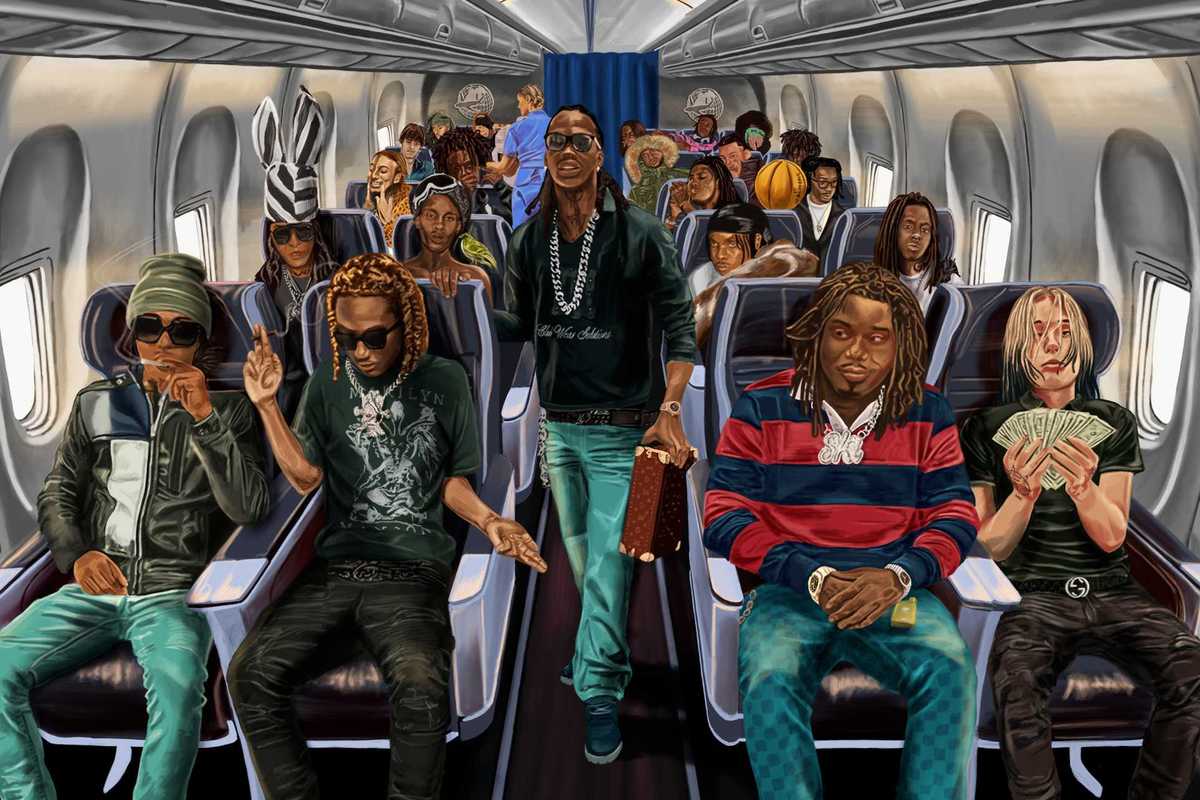Celine Dion Battled Extreme Muscle Spasms From Stiff-Person Syndrome With Dangerously High Doses of Valium: ‘It Could Have Been Fatal’
The singer opened up about her decade-long struggle with the rare neurological disorder in Tuesday night's (June 11) primetime NBC special.

Celine Dion
Celine Dion was so desperate to alleviate the pain from severe muscle spasms during her secret, nearly two-decade-long battle with the rare neurological and autoimmune disease Stiff-Person Syndrome that she took near-lethal doses of Valium in search of relief. In her one-hour primetime NBC special on Tuesday night (June 11), Dion said she took up to 90 milligrams of the medication used to treat anxiety, seizures and muscle spasms, an amount that is more than twice the recommended daily dose.
“I did not know, honestly, that it could kill me. I would take, for example before a performance, 20 milligrams of Valium, and then just walking from my dressing room to backstage — it was gone,” Dion said of the instant pain relief the medication offered at levels, however that “could have been fatal” if she’d continued at that pace. “At one point, the thing is, that my body got used to it at 20 and 30 and 40 [milligrams] until it went up. And I needed that. It was relaxing my whole body. For two weeks, for a month, the show would go on… but then you get used to [and] it doesn’t work anymore.”
Dion was taking such high doses of Valium every day that, she said, the amounts, “can kill you. You can stop breathing.” The 56-year-old singer said she began to cut back on her intake during the COVID-19 pandemic when the world went into lockdown and she was unable to perform.
Though she leaves the door open during the special that she will return to the stage this year, Dion has not performed on stage since March 2020, when the global pandemic arrived just in time to give her time away to focus on her health and wean off her dangerously high doses of Valium. “It was an opportunity for me to take a break,” she said. “Do not be brave… I stopped everything with the help of doctors. I was weaning off all the meds, and especially the bad ones. I stopped everything because it stopped working.”
Though the doctors helped her wean off the drugs, Dion noted that even that process can kill you if not done correctly. “You cannot just, like, stop everything,” she said. Another downside, she revealed, was that once she weaned off the medication her symptoms got much worse.
Dion has said that the symptoms of the chronic, incurable disorder began appearing in the mid-2000s, getting progressively worse until she finally revealed her struggle in a December 2022 announcement after cancelling her planned tour that year.
In the emotional NBC special, Dion describes being gripped by fear when the disorder’s symptoms began to affect her in 2008, affecting her mobility and causing spasms so intense they caused broken ribs and sometimes made it feel like “somebody is strangling you.” In a scary moment, she said that “anything” could trigger the painful symptoms. “Too much work, not enough work. If I sit all day long I’ll be wobbly. Walking wobbly.” Shockingly, Dion said even joyful moments could lead to pain. “Happiness, sound, a touch unexpected,” she said.
She described first noticing the symptoms of her body getting “more rigid” during a before a show in Germany on her 2008 Taking Chances world tour. “I said to my assistants and to my people, ‘I don’t know if I can do the show. I don’t know what’s happening,’” she told Kotb, sending her voice into a higher register to imitate the effects on her voice. “I was very, very, very scared. And then you panic, and the more you panic, the more you spasm. I went onstage… of course. And I started to sound more nasal.”
She said the panic led to more spasms, which forced her to lower the keys on some songs in order to gain some control over the situation, lamenting that she had to lie to her beloved fans at the time by blaming her issues on a sinus infection. During the pandemic, Dion’s team struggled to figure out what was going on, with the symptoms persisting even after she stopped performing and the singer worrying that she might be facing the end of her four-decade career.
It was at that point she began working with director Irene Taylor Brodsky on the upcoming Prime Video documentary I Am: Celine Dion (June 25) in which she vows to find a way to make it back on stage for her fans. “If I can’t run, I’ll walk,” she says in the film. “If I can’t walk, I’ll crawl… I won’t stop.” In the NBC special, Brodsky talked about seeing one of Dion’s attacks in person, saying it came on quickly and then, just as quickly, progressed in a scary fashion.
“She was giggling, and five seconds later, we were in a totally different stratosphere,” Brodsky told Kotb. “She had a cramp in her foot, and I thought, ‘That doesn’t look right.'” Then, just minutes later, Dion couldn’t talk because her body had stiffened up so badly. “It was the most extraordinary and extraordinarily uncomfortable moment in my life. As a filmmaker, but also as a mother, as a fellow human, because I didn’t know what was happening,” Brodsky said. “We were this close, and her body was enduring something that was unimaginable, and I wasn’t sure if she was aware of it, and I wasn’t sure if she was going to survive it.”
You can watch the full NBC News interview with Dion now on Peacock.


















